Life Science Worksheets for Ages 6-8
36 filtered results
-
From - To
Our Life Science Worksheets for ages 6-8 offer engaging, hands-on learning experiences that captivate young minds. Tailored to enhance curiosity and understanding of the natural world, these worksheets cover topics like plant life, animal habitats, and ecosystems. Perfect for both classroom use and homeschooling, they simplify complex concepts, making learning enjoyable and effective. Each worksheet is designed to encourage critical thinking, exploration, and a love for science. From interactive quizzes to vibrant, colorful activities, our resources provide a comprehensive foundation in life sciences. Ignite your child’s passion for discovery with our expertly crafted worksheets today!
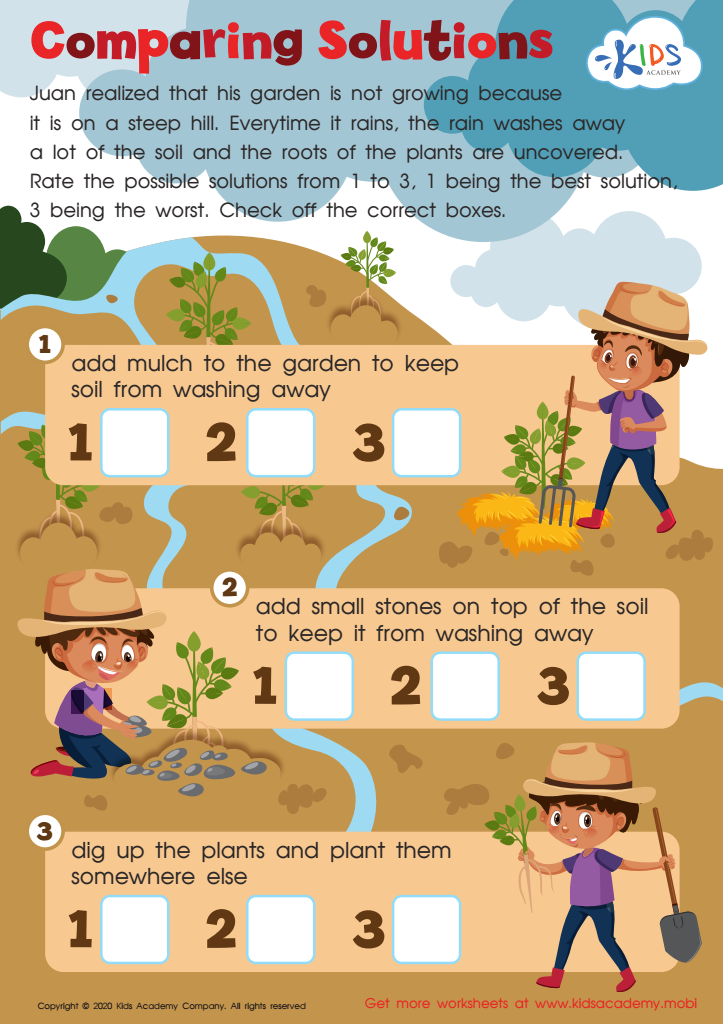

Comparing Solutions Worksheet
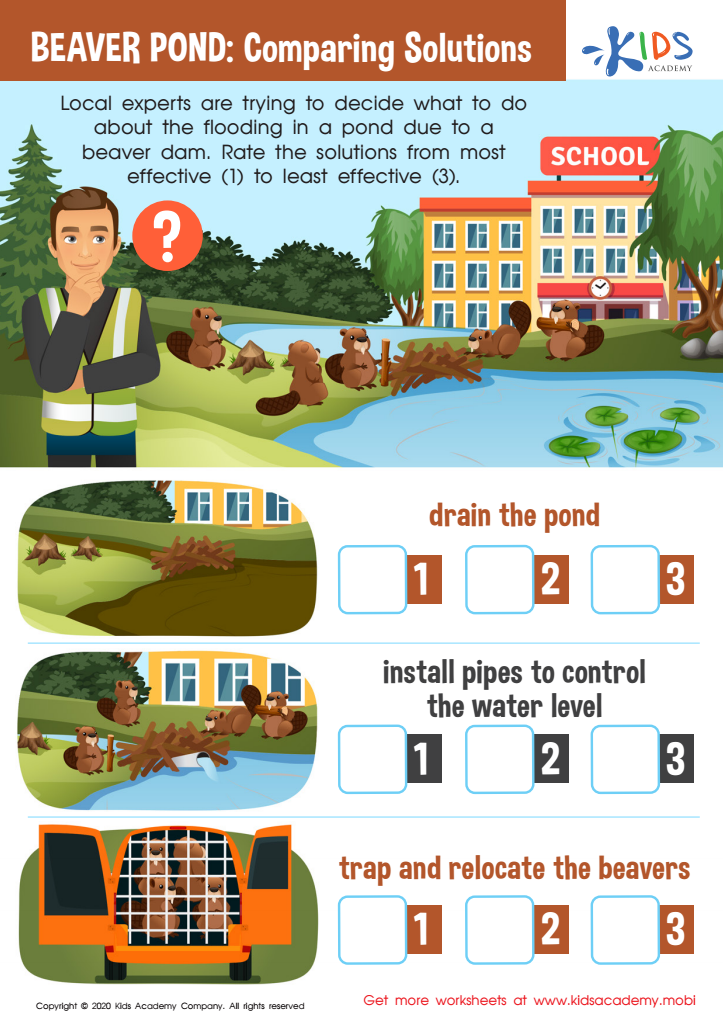

Beaver Pond: Comparing Solutions Worksheet
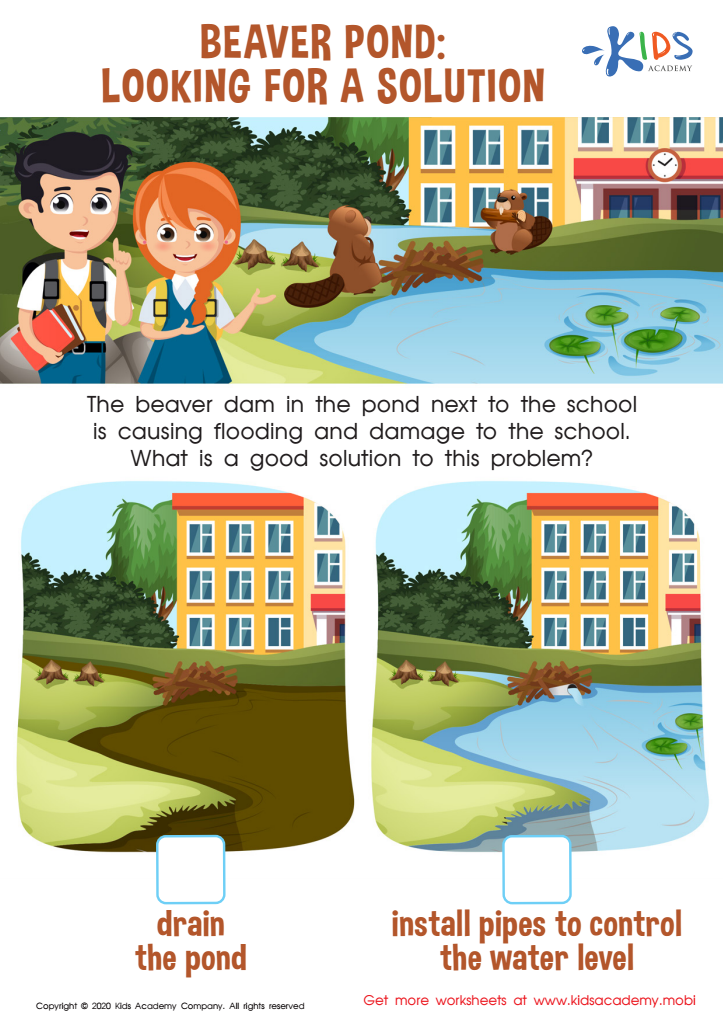

Beaver Pond: Looking for a Solution Worksheet
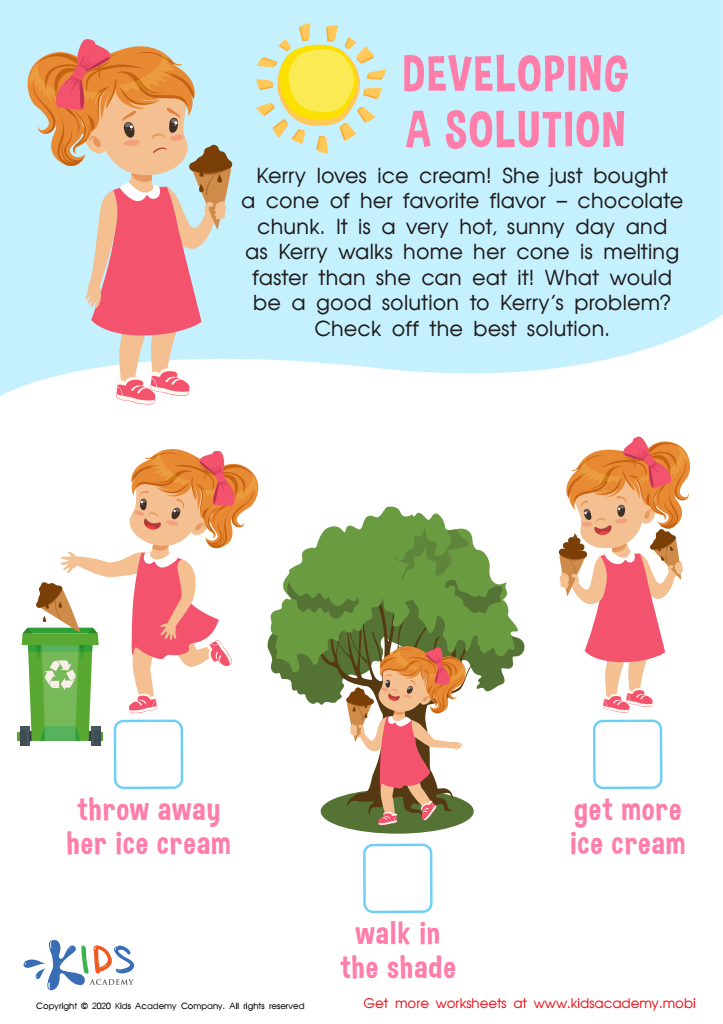

Developing Solution Worksheet
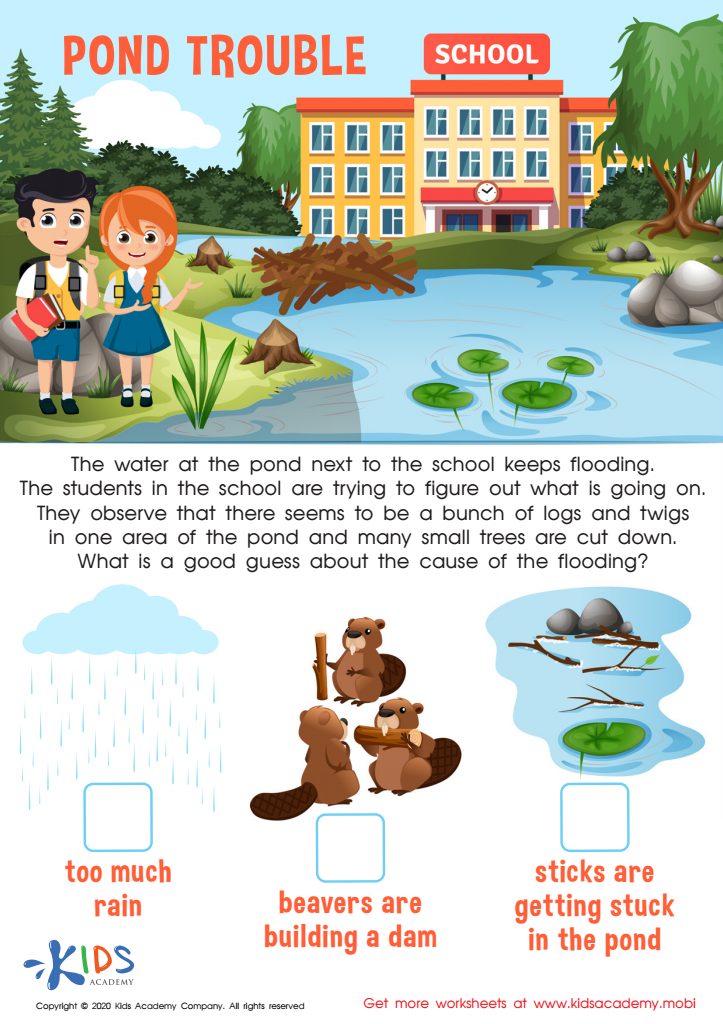

Pond Trouble Worksheet
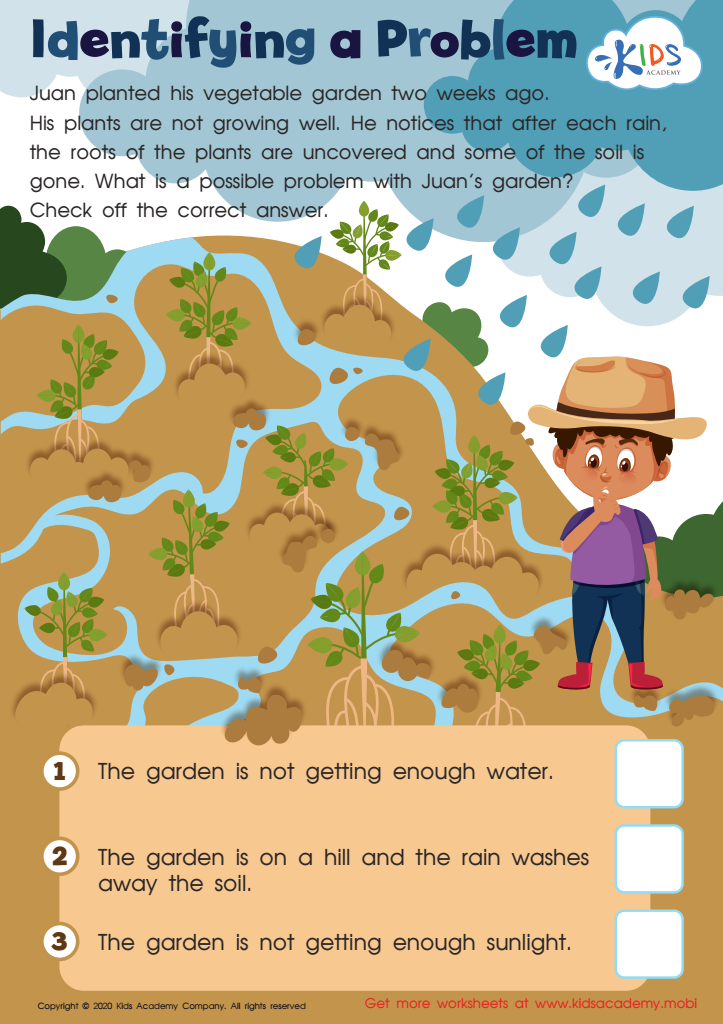

Identifying a Problem Worksheet
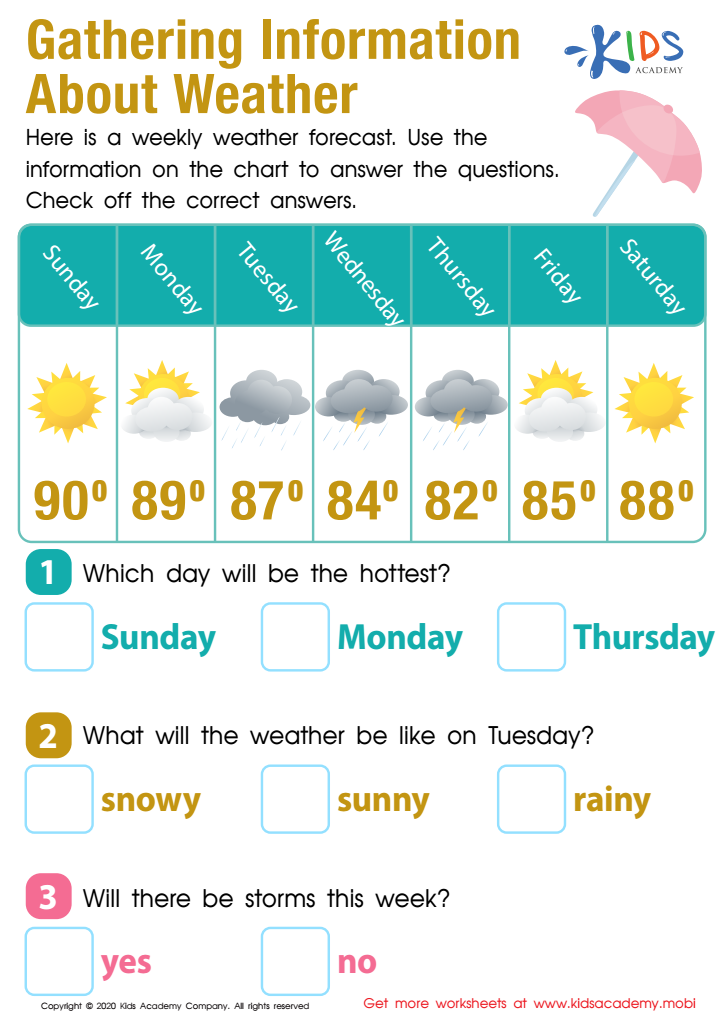

Gathering Information About the Weather Worksheet
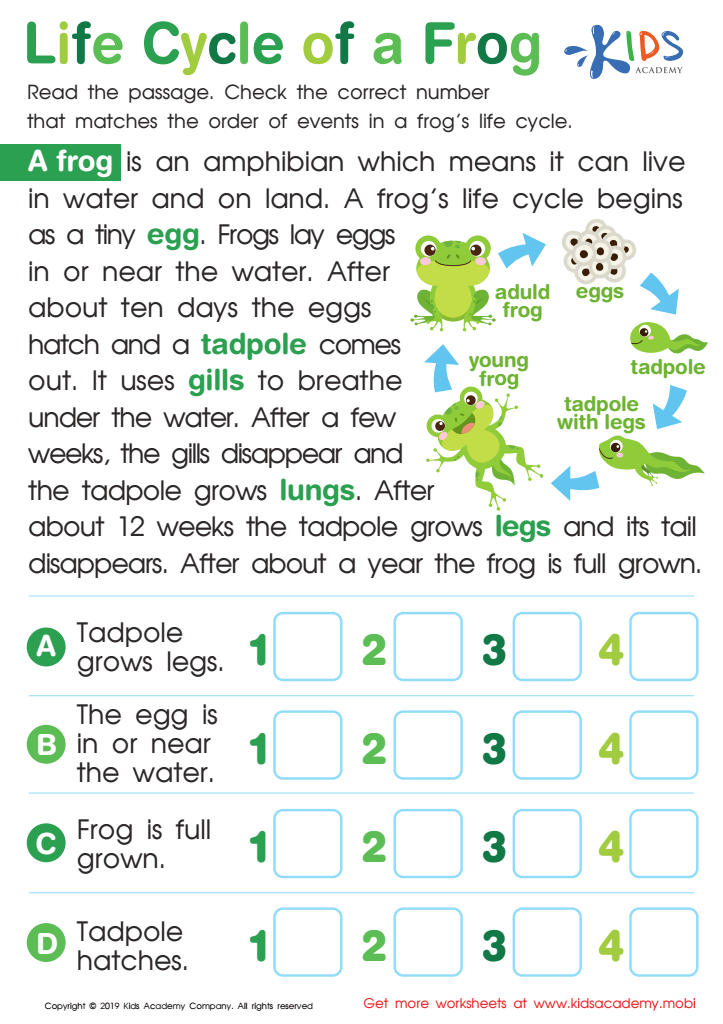

Life Cycle of a Frog Worksheet
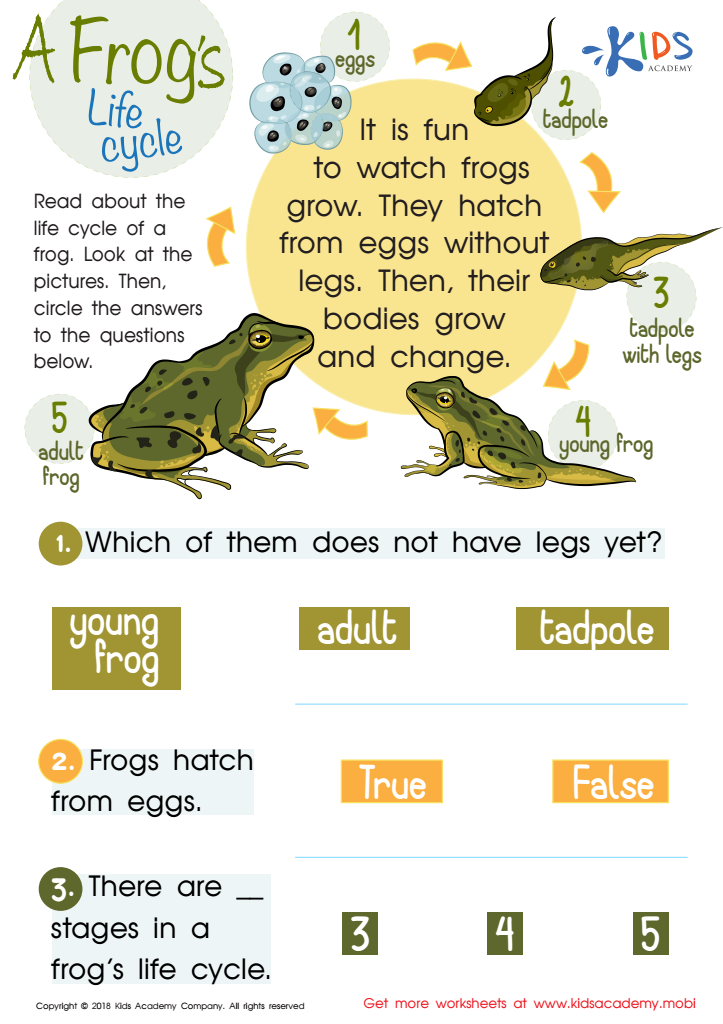

A Frog’s Life Cycle Worksheet
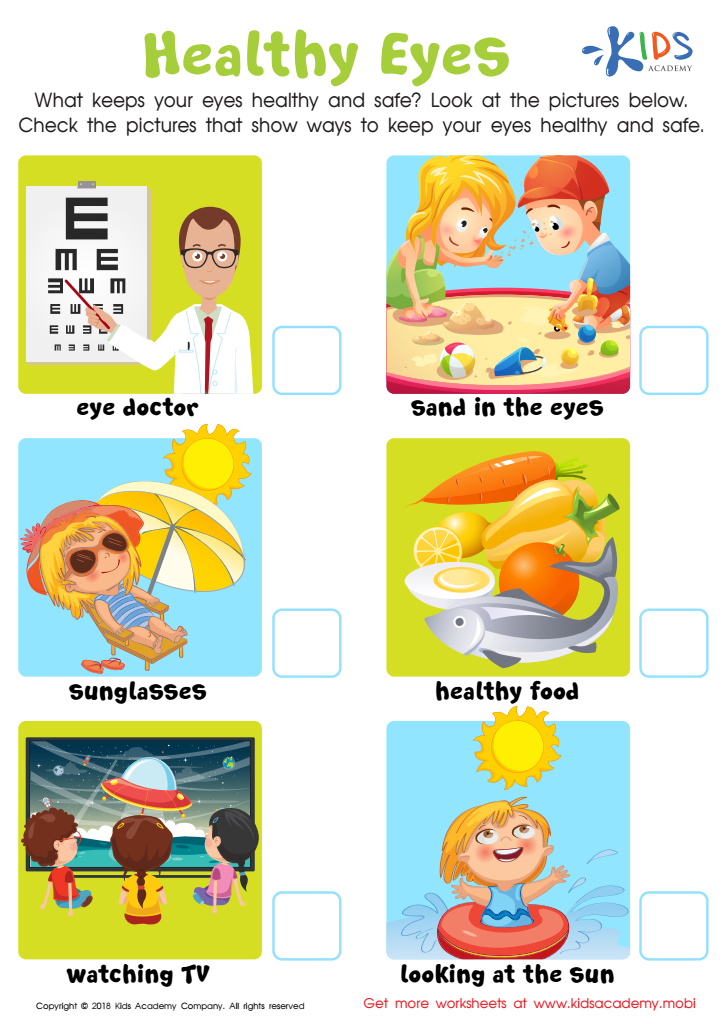

Healthy Eyes Worksheet
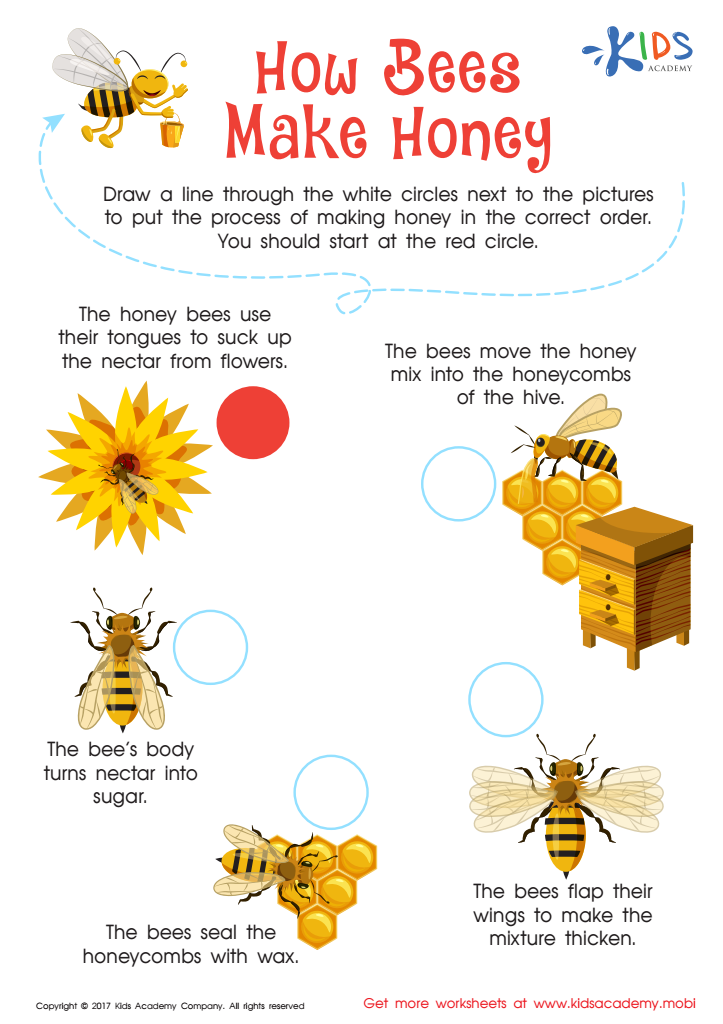

Honey Bee Worksheet
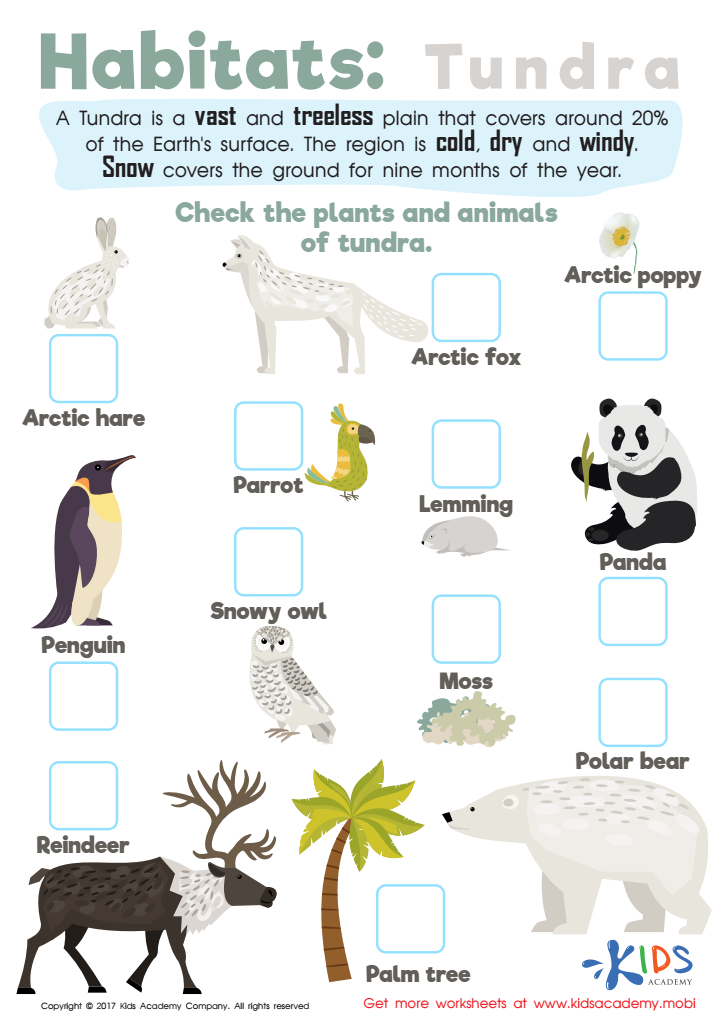

Tundra Habitats Worksheet
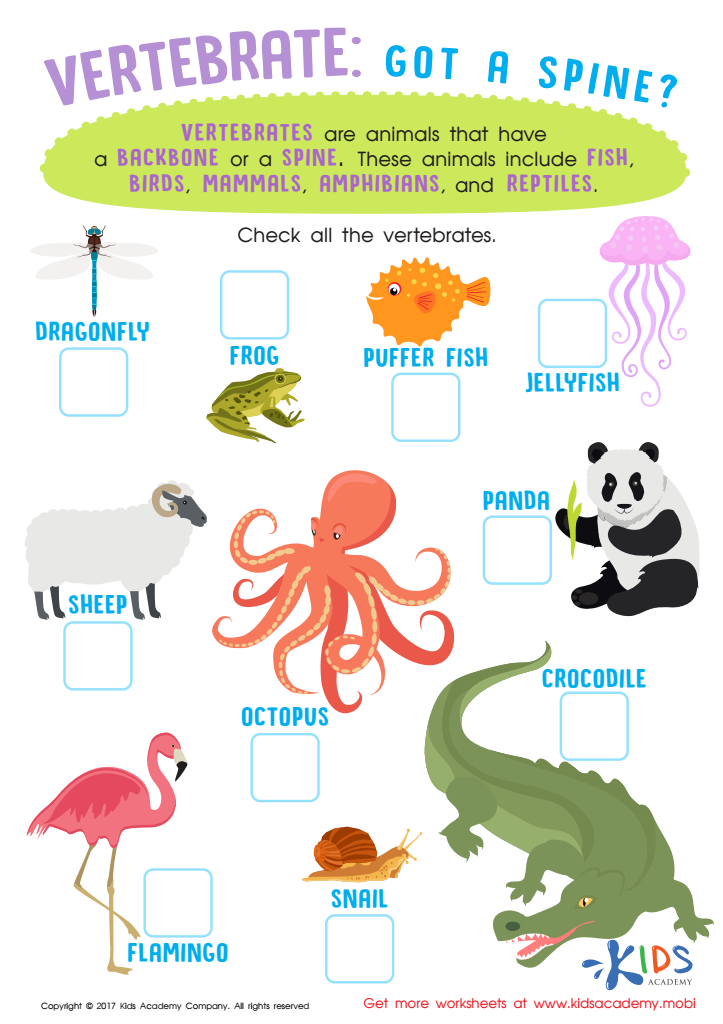

Vertebrates Animals Worksheet for 3rd Grade
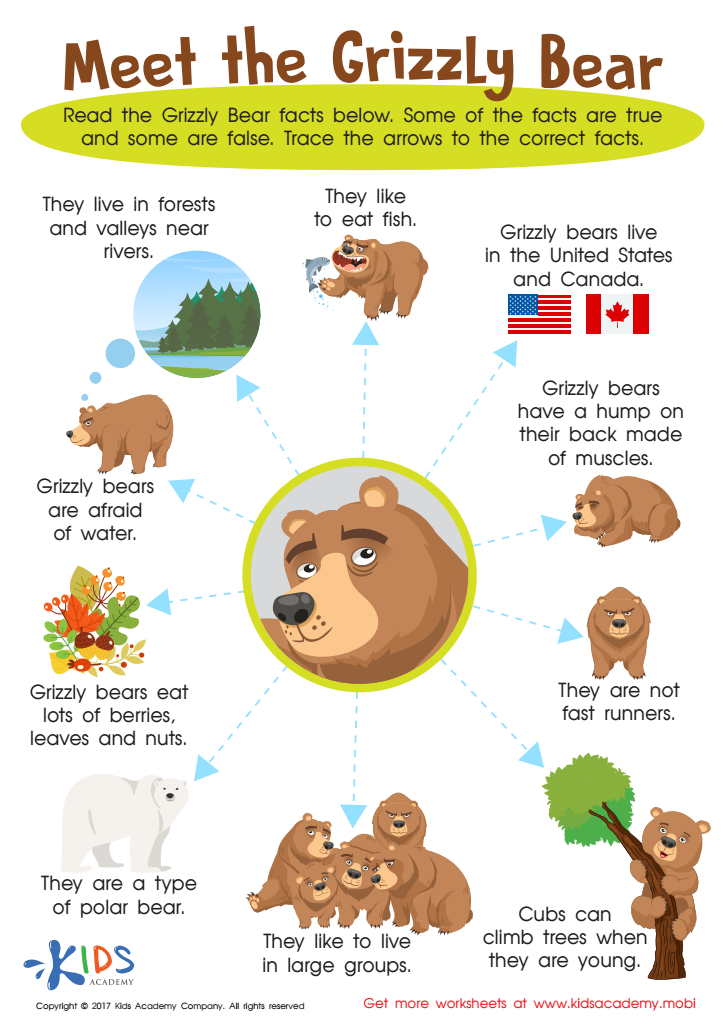

Grizzly Bear Facts Worksheet
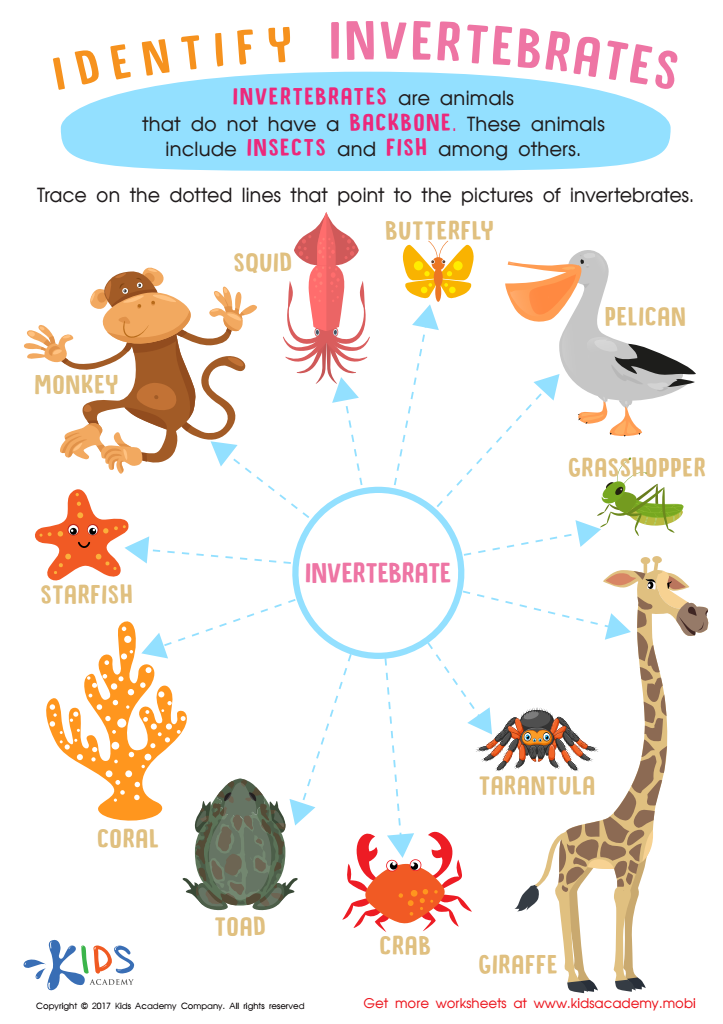

Invertebrates Worksheet for Grade 3
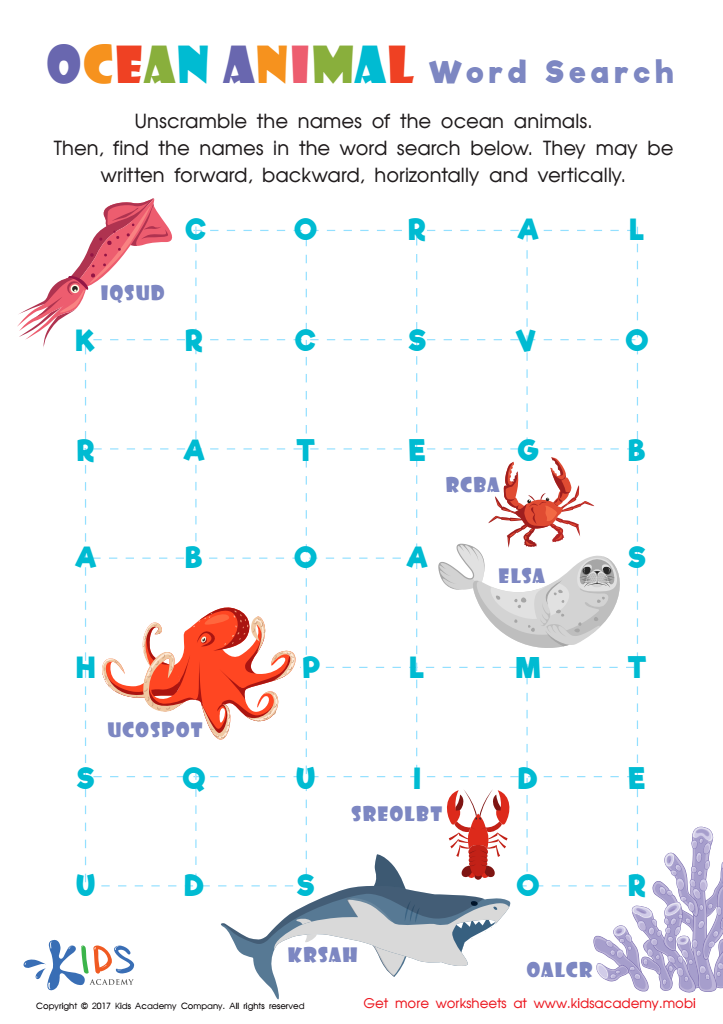

Ocean Animals Word Search Printable
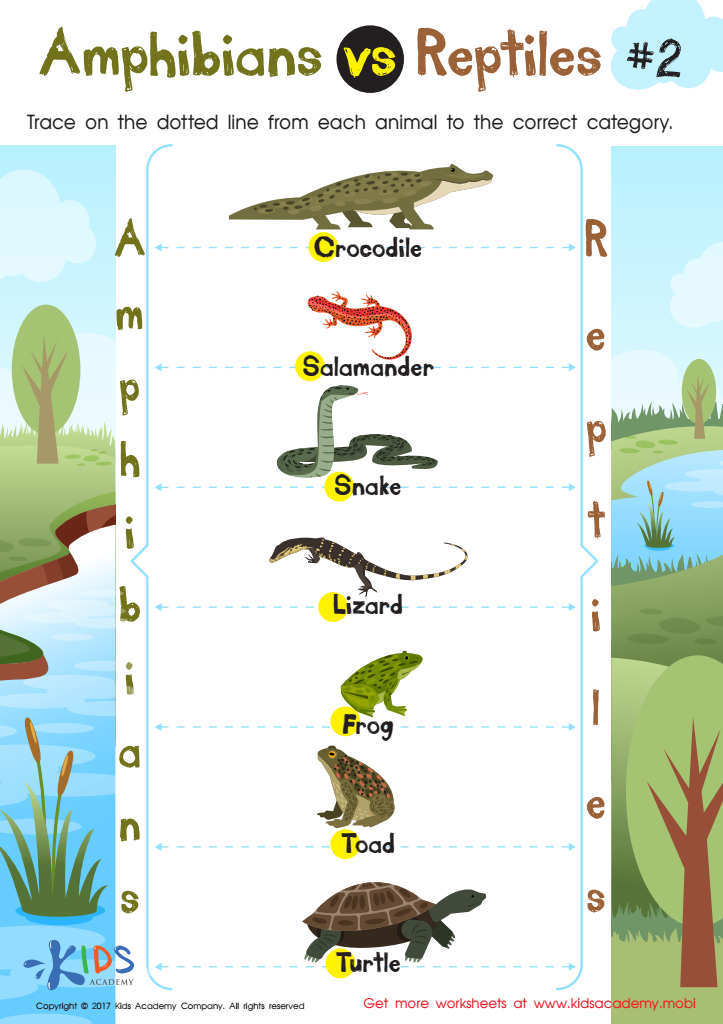

Amphibians vs Reptiles Worksheet for 3rd Grade
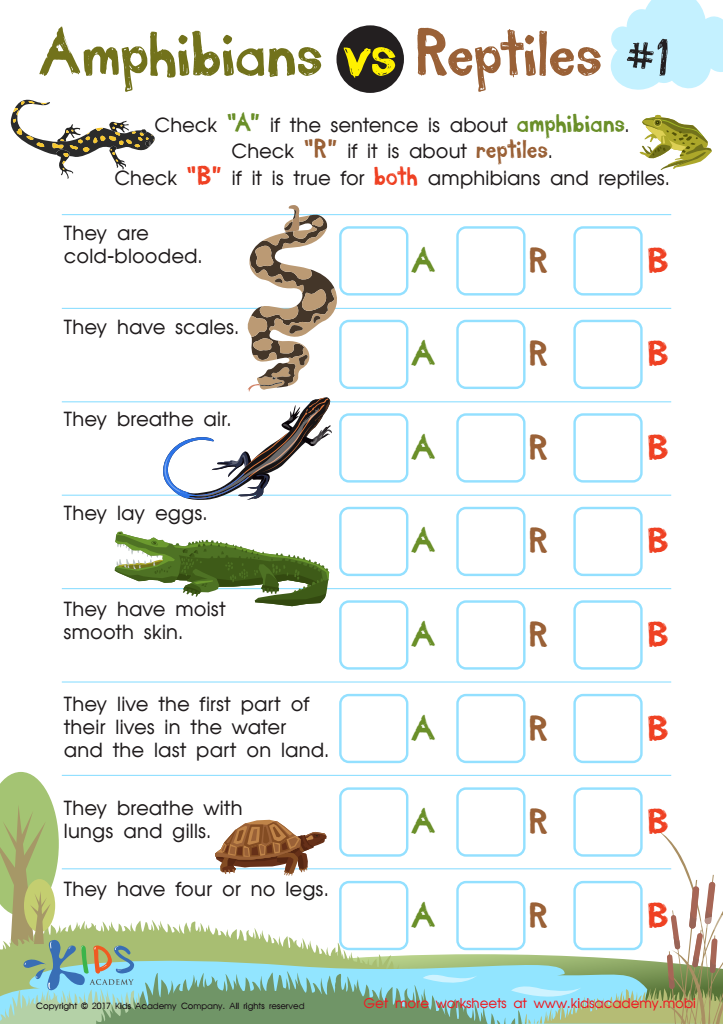

Amphibians vs Reptiles Worksheet
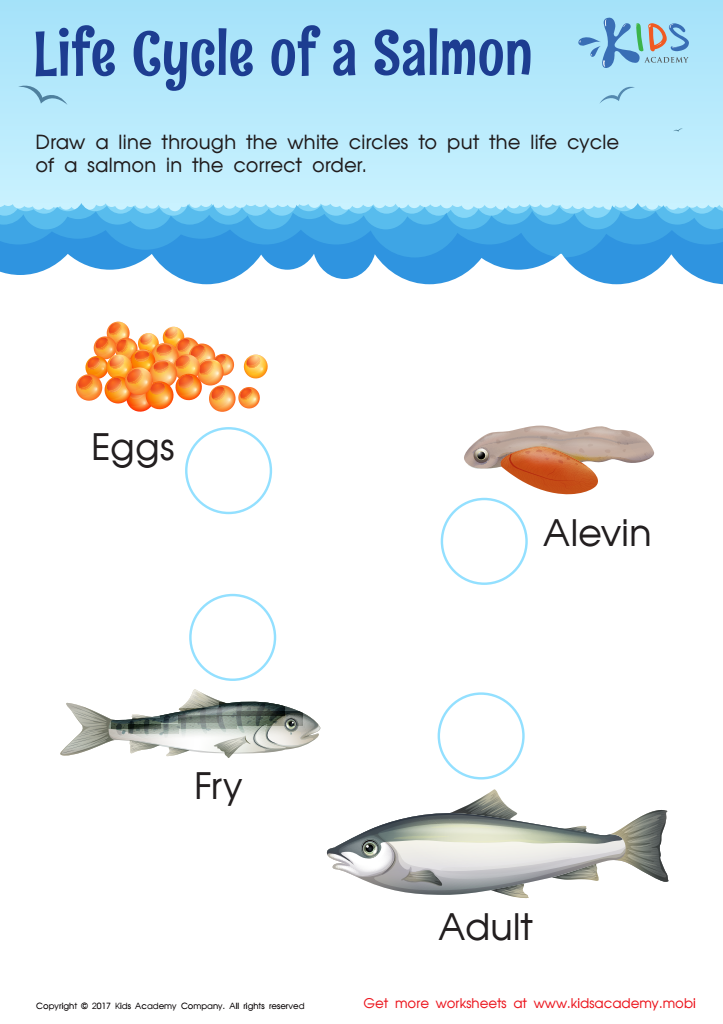

Cycle Of Salmon Worksheet
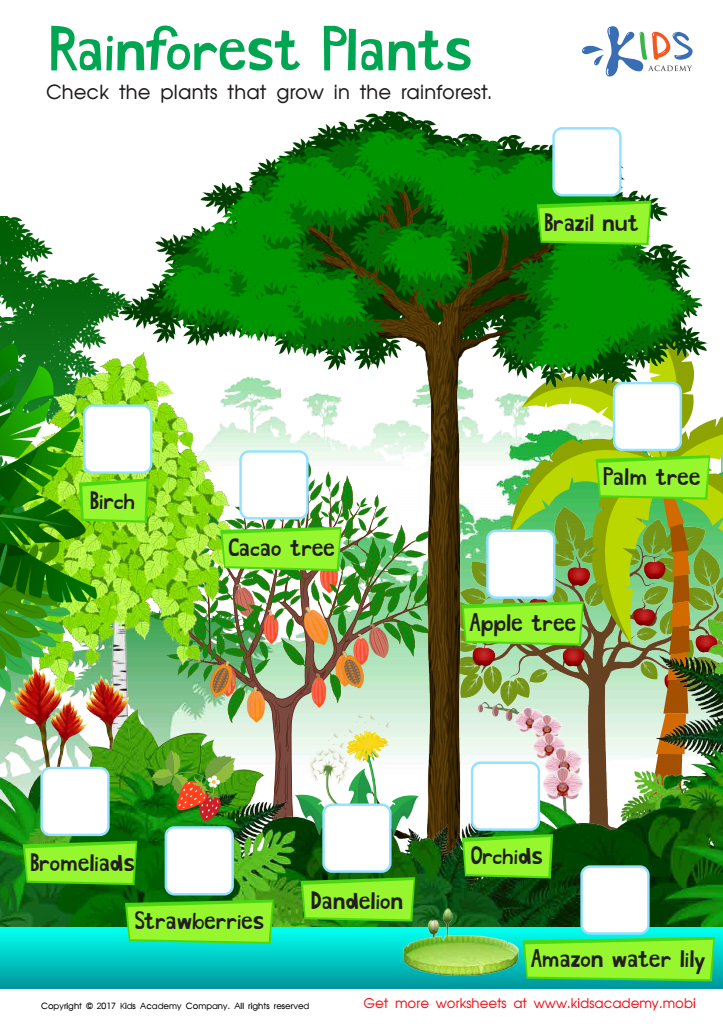

Rainforest Plants Worksheet
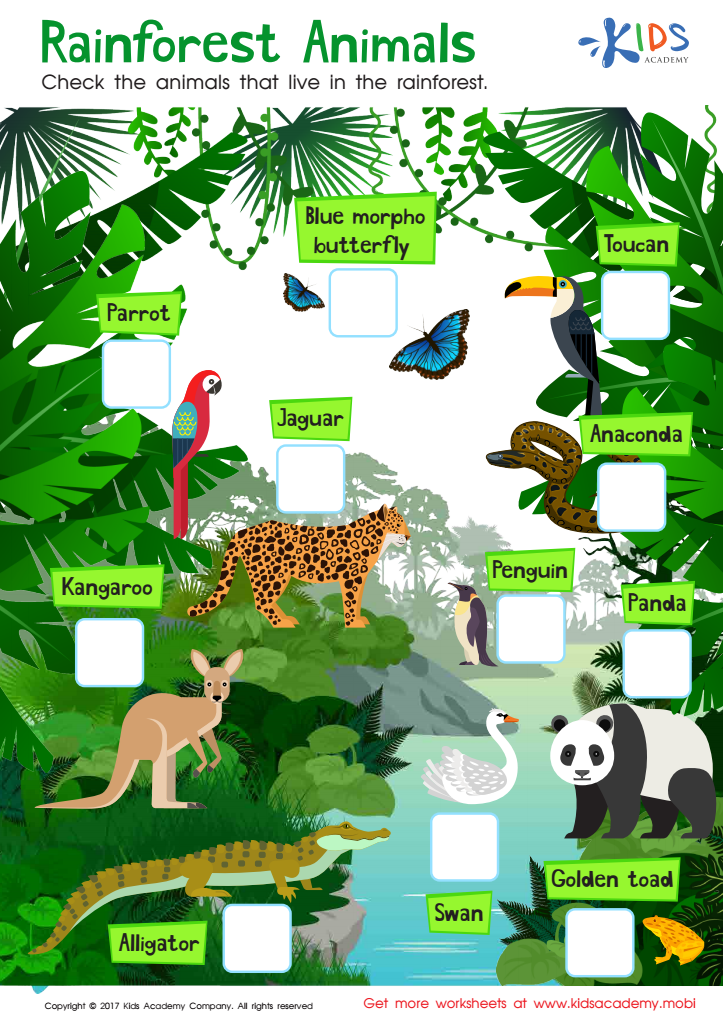

Rainforest Animals Worksheet
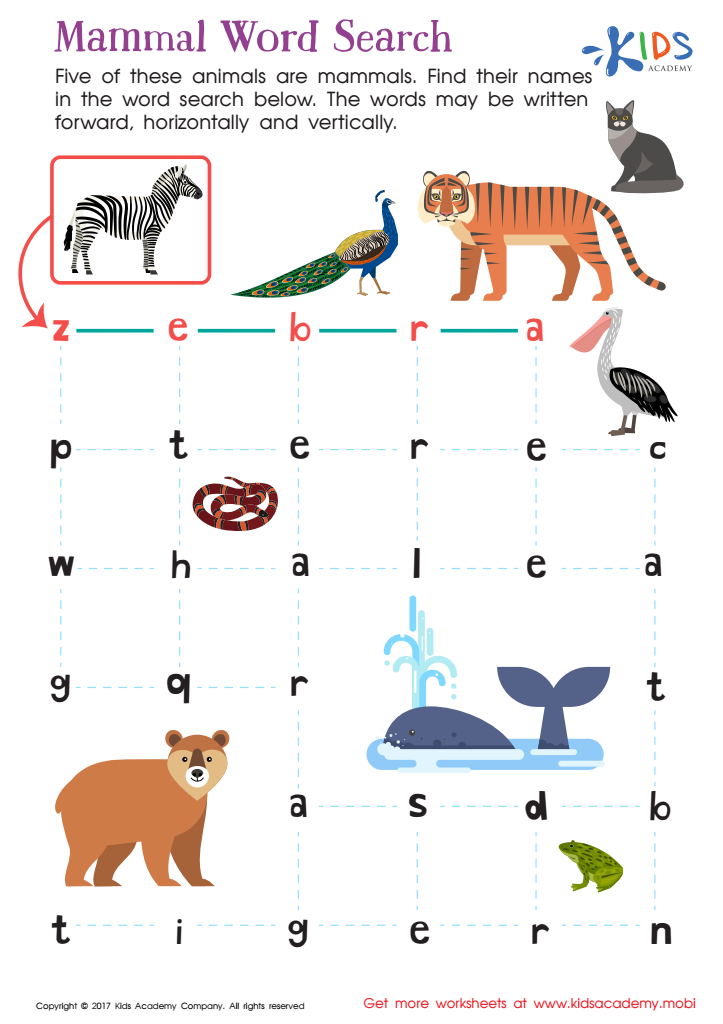

Printable Mammal Word Search
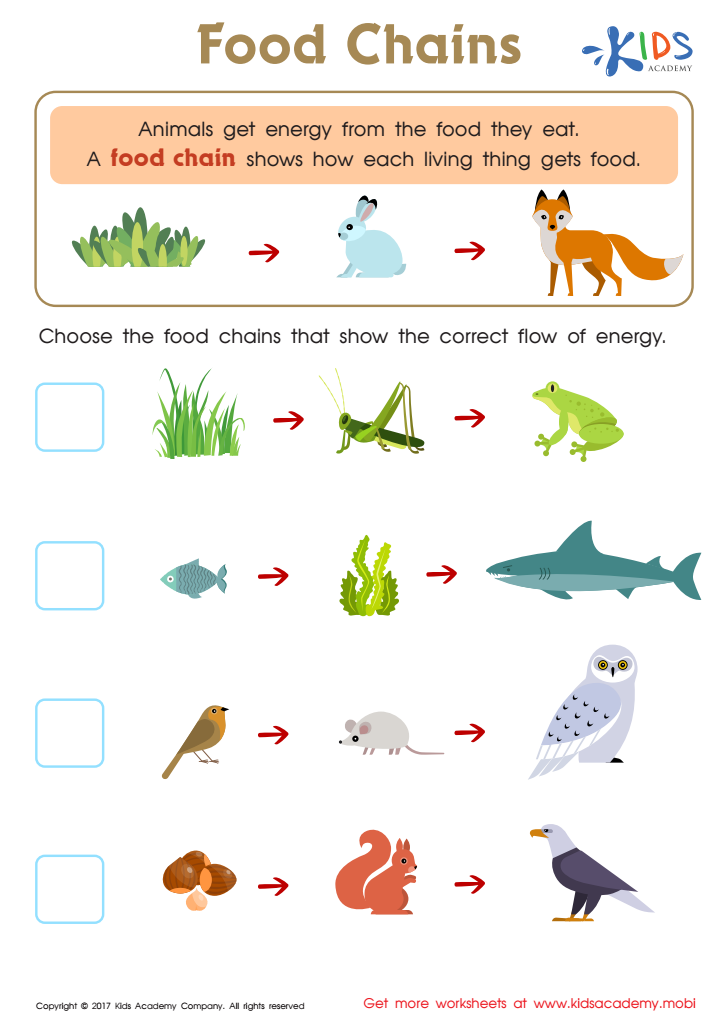

Food Webs and Food Chains Worksheet
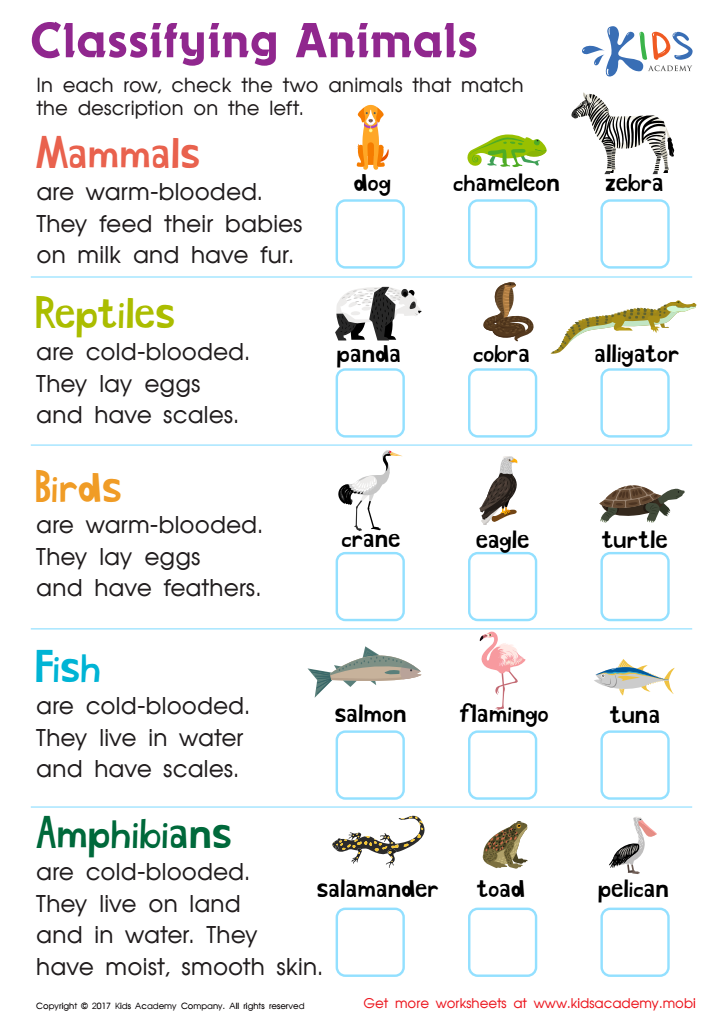

Classifying Animals Worksheet
Life science is essential for young children because it lays the foundation for understanding the natural world and fosters a lifelong interest in science. For ages 6-8, life science encourages curiosity, critical thinking, and observational skills. Kids at this age are naturally inquisitive; studying life science allows them to explore the living world, prompting questions about how organisms live, grow, and interact within ecosystems.
Parents and teachers who prioritize life science education enable children to make connections between their day-to-day experiences and broader scientific concepts. Learning about plants, animals, and human biology helps children appreciate diversity and understand the importance of caring for the environment.
Furthermore, early exposure to science promotes intellectual growth. Life science topics such as habitats, life cycles, and basic anatomy can be perfect gateways for developing descriptive language, comparative analysis, and even simple data collection methods. Engaging children in hands-on activities like growing plants, observing insects, or learning about animal care can be incredibly captivating and educational.
In essence, life science for ages 6-8 nurtures a framework where children not only gain essential knowledge but learn to appreciate the world they live in and develop respect for all forms of life. This holistic approach is crucial for their overall cognitive, emotional, and social development.

 Assign to My Students
Assign to My Students






















